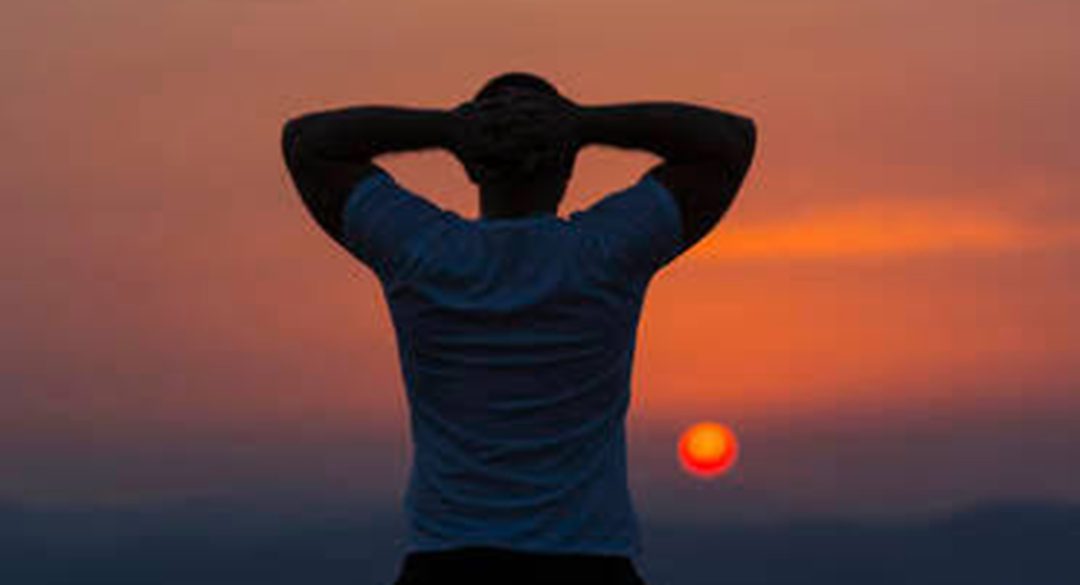Today’s article is for the men in our life. Prostate issues are extremely common, so it’s good to know what they are and what you can do about it. Shabir Daya, pharmacist at Victoria Health, gives us the low down and explains all
Prostate health problems are common especially in men aged 50 and older and this is mostly associated with the enlargement of the prostate gland.
The prostate is a small, walnut shaped gland that lies between the penis and the bladder. It produces a fluid which is found in semen. The most common problems with the prostate gland are prostatitis and prostate enlargement.
Prostatitis is inflammation of the prostate gland usually affecting men between the ages of 30 and 50.
Prostate enlargement, also called benign prostate hyperplasia (BPH) can have a detrimental effect on the quality of life.
Both conditions cause problems with the bladder and symptoms include the need to frequently urinate and/or having difficulties in starting or stopping to urinate.
Prostate health supplements
The fitter and healthier you are, the lower the risk of developing a prostate condition such as BPH so ensure that you have a healthy diet such as the Mediterranean diet, regular exercise, quit smoking and drink less alcohol and beverages with artificial sweeteners.
Whilst lifestyle changes are important, you may also with to consider natural supplements for prostate health which include:
Saw Palmetto
Saw palmetto has a long history of use for prostate health, prostatitis and prostate enlargement. Some studies suggest that saw palmetto supplements may be as effective as conventional treatments for BPH with none of the side effects. There are no recommended dosages for saw palmetto’s use for prostate health but try opting for a saw palmetto supplement containing a minimum of 100mg extract.
Zinc
Zinc has long been recognised as being absolutely vital for prostate health. Zinc’s benefits for prostate health appear to be due to its requirement in hormone manufacture as well as its ability to calm inflammation. Zinc is often combined with saw palmetto in prostate supplements for maximum benefits. There are suggestions as to a link between zinc deficiency and prostate enlargement. The suggested daily dose of zinc is 15mg.
Vitamin D
Vitamin D supplements may also play a key role in prostate health. Vitamin D supplements are best taken in the form of cholecalciferol, vitamin D3, which is the active form of vitamin D. Although most vitamin D3 supplements are derived from sheep’s wool, there are vegan sources of vitamin D3 from lichen suitable for vegans.
D3 should be taken with K2 and a combination product is ideal.
Disclaimer
The views, opinions and information expressed in this article and on Agelessbglynisbarber.com are those of the author(s) in an editorial context. Agelessbtglynisbarber.com cannot be held responsible for any errors or for any consequences arising from the use of the information contained in this editorial or anywhere else on the site. Every effort is made to see that no inaccurate or misleading information, opinion or statement appear, nor replace or constitute endorsement from medical bodies or trials unless specified. Agelessbyglynisbarber.com accepts no liability for the consequences of any inaccurate or misleading data, information, opinion or statement. Information in the editorials is provided for informational purposes only and is not intended as a substitute for the advice provided by your physician or other healthcare professional. You should not use the information on this website or in the editorials for diagnosing or treating a health concern or disease, or for the replacement of prescription medication or other treatment.
